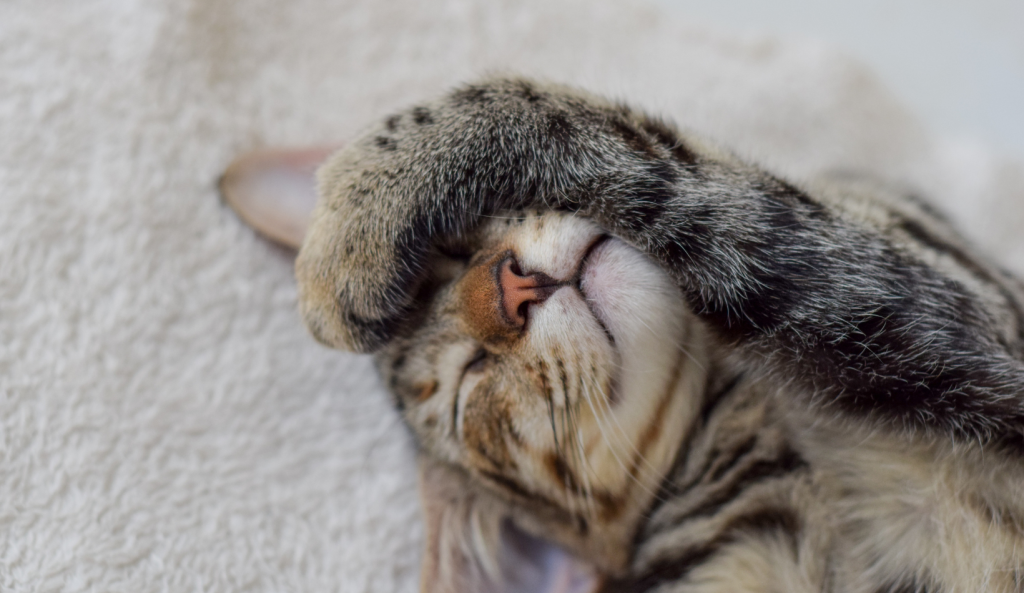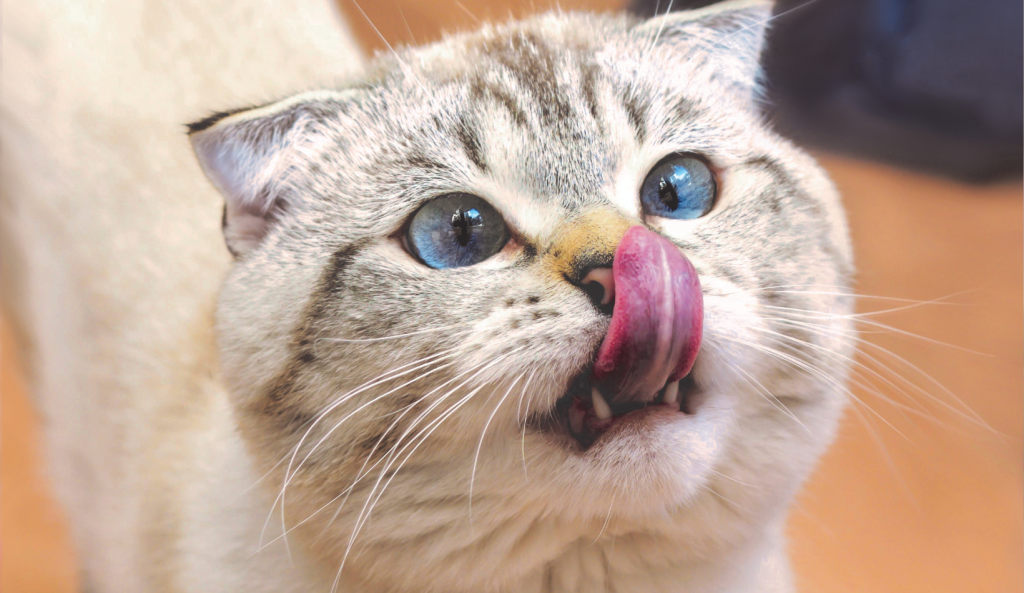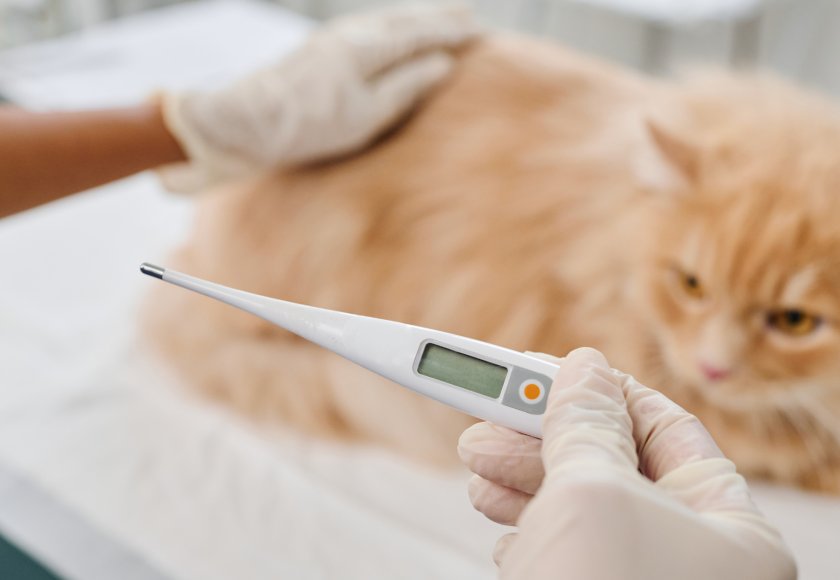Cat vaccinations (or immunizations) are the primary preventive measure for ensuring good feline health. Cat vaccinations protect against infectious diseases and strengthen immunity. They also protect beloved pets from potentially fatal diseases.
Table of contents
Why are vaccinations necessary for cats?
According to the specialists at our veterinary medical center Begemotas, vaccinations are necessary for cats not only when traveling around the world, but especially if cats go outdoors.
It is important to note that vaccinating cats can also protect their owners. Scientific studies have shown that vaccinating cats protects them from serious and expensive diseases, so simple vaccinations for cats will help protect their owners’ nervous systems and finances.

What diseases do vaccines protect cats from?
Cat vaccines can be divided into basic and additional vaccines. Basic vaccines for cats protect against feline distemper (feline panleukopenia), rabies, viral rhinotracheitis, and calicivirus.
Additional vaccines for cats are most often used if cats are bred in catteries, shelters, or frequently participate in cat shows. The following vaccines are considered additional vaccines for cats: against leukemia, chlamydia, bordetellosis, and other infectious diseases common in cats.
Mandatory vaccinations for cats
Rabies vaccinations for cats, as well as dogs, are mandatory under Lithuanian law. Following the recommendations of our veterinary clinic’s doctors, it is necessary to vaccinate your cats with the basic vaccinations, regardless of whether they live only indoors or enjoy being outdoors.
Rabies vaccinations for cats
Most disinfectants and sunlight are effective against the rabies virus, but it can be brought into the home on outdoor shoes and clothing. If a cat runs away into the stairwell, even brief contact with the virus can be fatal.
The most effective method of protection is rabies vaccination for cats. It is mandatory under Lithuanian law, and without it, your pet is not allowed to travel abroad.
Once infected with this virus, treatment is prohibited, and the animal can only be euthanized. Therefore, owners must begin taking appropriate precautions against this disease when their kitten is 3 months old.
From 12 weeks of age, a dewormed kitten can receive a rabies vaccination. Adult cats must be vaccinated against rabies every year, regardless of whether they go outdoors or not. The most appropriate vaccination plan is determined individually by a veterinarian.
When is the best time to vaccinate cats or kittens? Vaccination schedule
Vaccines for cats are recommended at 8 and 12 weeks of age:
- 8-week-old kittens are vaccinated against viral diseases
- 12-week-old kittens are vaccinated against viral diseases and rabies
Vaccinating cats at a very young age prevents them from contracting fatal diseases and strengthens their immune system for life.
It is recommended to vaccinate cats once a year (every 12 months). The specialists at the Begemotas Veterinary Clinic will always advise you on all matters related to cat vaccinations and provide the necessary information to all pet owners.
How to prepare for cat vaccination?
When preparing for cat vaccinations, two aspects are important:
- Administer antihelminthic medication according to your pet’s weight 10-14 days before the planned vaccination. IMPORTANT: antihelminthic medication (medication for gastrointestinal parasites/worms) is also necessary for cats that live indoors.
- Register your cat for vaccination at a veterinary clinic.

How is a cat vaccinated?
Cat vaccinations are the most reliable and effective protection against infectious diseases. Vaccines for cats are safe because the active ingredients are inactive, natural microorganisms or their components. When vaccinating cats at our veterinary clinic, we first allow the cat to get used to the environment and calm down a little. Then the veterinarian injects the vaccine under the cat’s skin.
Vaccination certificate for cats. What is it?
A vaccination certificate for cats is a booklet that proves that your pet has been vaccinated. The veterinarian issuing the cat’s vaccination certificate must fill in all the required fields about both the pet and the owner. In addition, the vaccination certificate specifies the types of vaccines the cat has been vaccinated with, the validity period of the vaccination, and the veterinarian’s stamp and signature.
A cat passport is a document prepared in accordance with the form approved by the European Union and is required when traveling within the European Union. The cat passport contains the animal’s details: microchip code, rabies vaccination records, and the contact details of the owner and the veterinarian who completed the passport.
The cost of cat vaccinations
The question arises: how much do cat vaccinations cost? The price of cat vaccinations depends on the type of vaccine you want, so we will provide all information about vaccinations and their prices by phone or email.
The veterinarians at the Begemotas Veterinary Medical Center will provide you with all the information you need about your pet’s health and care. The caring and professional specialists at Begemotas will ensure that your cat or kitten feels comfortable throughout the visit and that the vaccination process is painless and quick.





